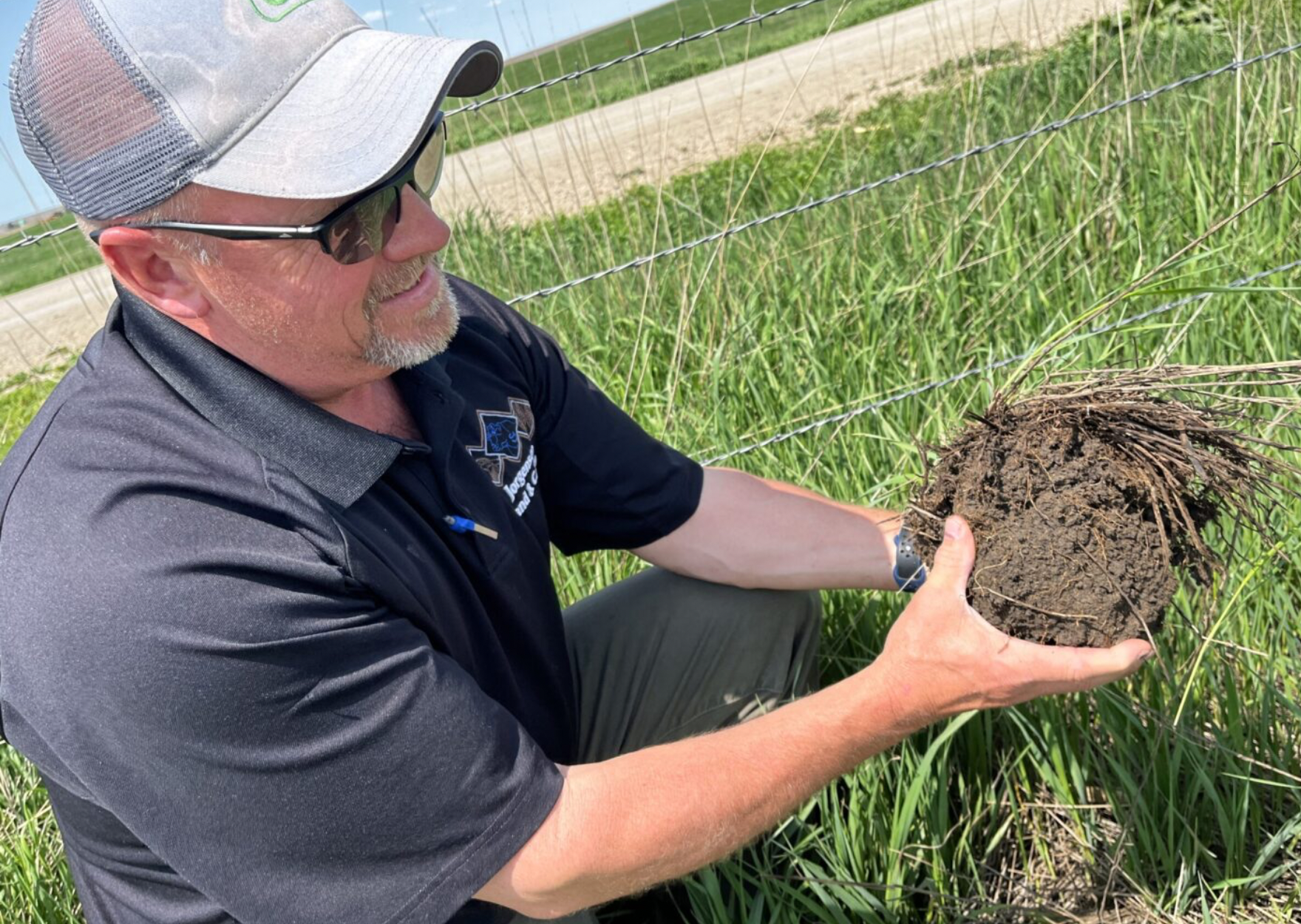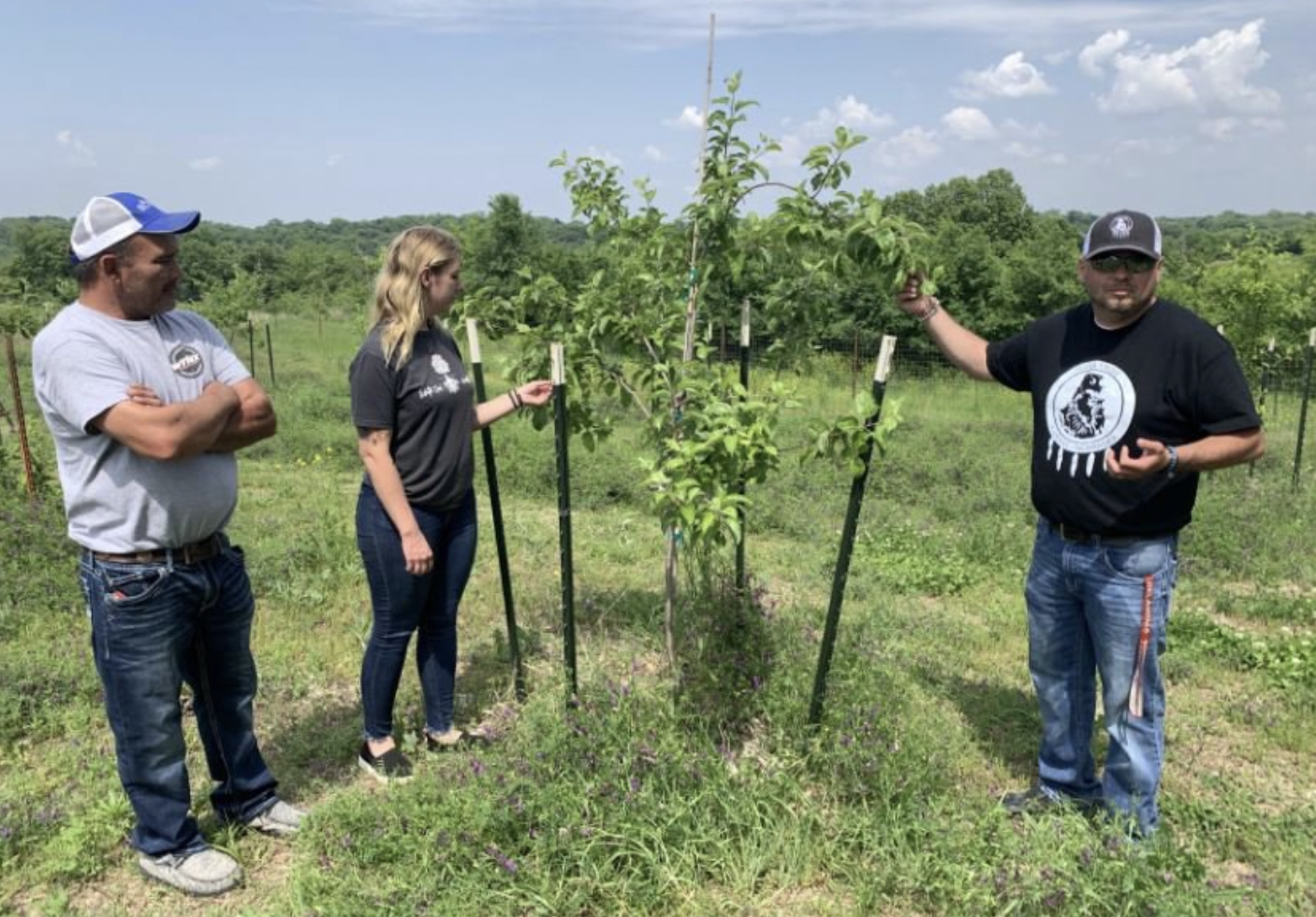On the rolling plains southwest of Chamberlain, South Dakota, lies a 30-square-mile farm and ranch that serves as a testament to the power of soil health practices.
Bryan Jorgensen has devoted his life to nurturing the soil and maintaining the ecological balance on his family’s land.
Jorgensen said the practices not only improve his yields at harvest time but also cut back on the need for pesticides and fertilizers, and drive more carbon into his soil – which is good for the plants.
“Carbon is not an enemy,” he said. “We have an ecosystem problem, not a carbon problem.”
However, Jorgensen said centering farm policy on the health of the ecosystem is an uphill battle against the forces supporting more traditional practices.


